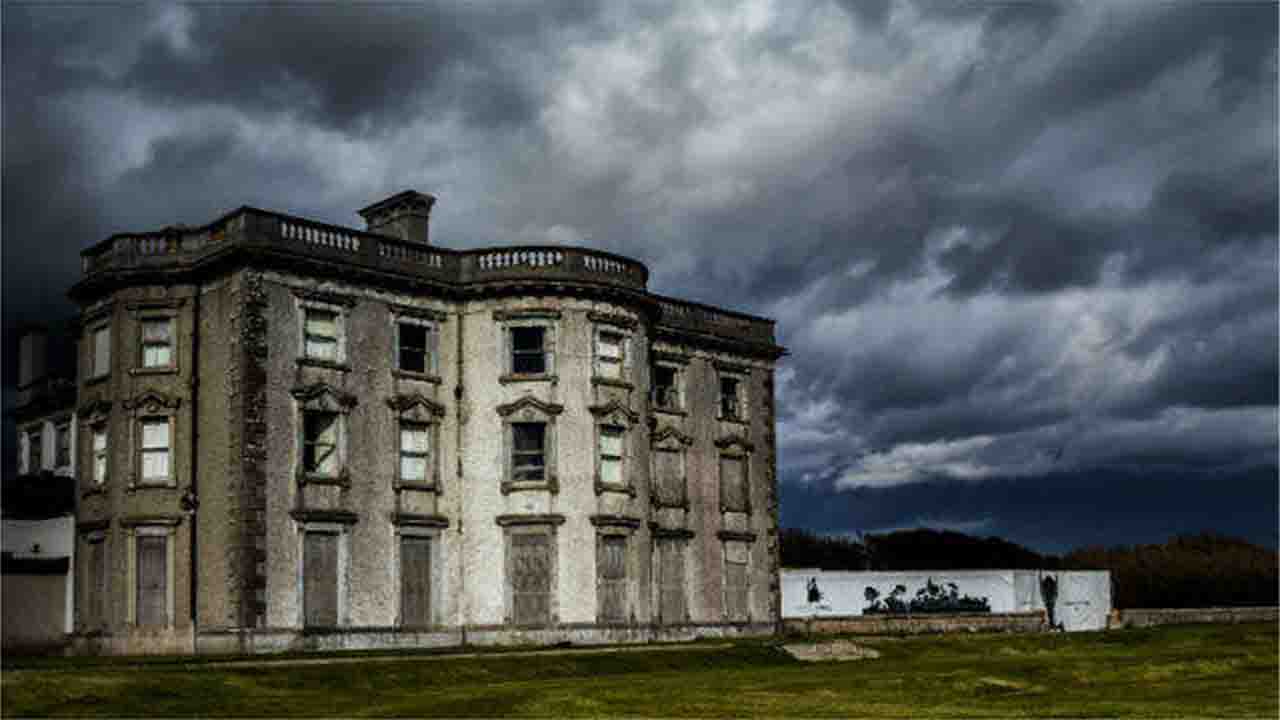United Australia party’s Clive Palmer is seeking to address the issue in his campaign pledge, although he may have gone too far in his promise to cap interest rates for all home loans, if elected next month.
As part of his “economic plan for freedom and prosperity”, the mining billionaire is pledging to set a maximum limit of 3 per cent for interest rates on mortgages, which has been dismissed by economists, although it may appeal to some gullible voters. “If our interest rate for home loans doubles from 2% to 4%, 60% of all mortgages will be in default and if the interest rate goes to between 6% to 8%, as it most surely will, the default rate will be greater than 90%,” Palmer said on the party website.
According to experts, it is “constitutionally and legally possible” for legislated ceilings to be imposed by an Australian government on mortgage rates. According to Saul Eslake, former chief economist at ANZ Bank, such a ceiling did exist, at the treasurer’s discretion up until the late-1980s. However, “it would be an utterly irresponsible thing for any government to seek to do”, he said, given the different conditions more than three decades on.
Several other experts also share the view that such a move would not be practical, with some of them describing it as “crazy” and “radical”. Australian Banking Association’s chief executive Anna Bligh said the plan is “magic pudding economics” that would “wreak havoc across banking and financial services sector” if ever implemented.
According to Timo Henckel, from the Australian National University’s Research School of Economics, one approach would be for a standing facility provided by the central bank that would pump as much money into financial markets in order to keep interest rates at 3 per cent. However, such a move would be a “crazy policy because there’d be so much liquidity sloshing around in the system”, leading to higher inflation.
Meanwhile, Australian banks, which rely on international capital markets to source a major portion of their own funds, would find it harder to raise money in such a distorted system, where RBA’s independence is seriously compromised. “They’re never going to be asked to implement it anyway so really it’s just an attention grabber in order get votes,” Henckel said. “It’s not a genuine policy.”
















